From cleaning up after themselves to taking care of themselves, responsibility is an invaluable life skill. But like most life skills, it needs to be cultivated from young.
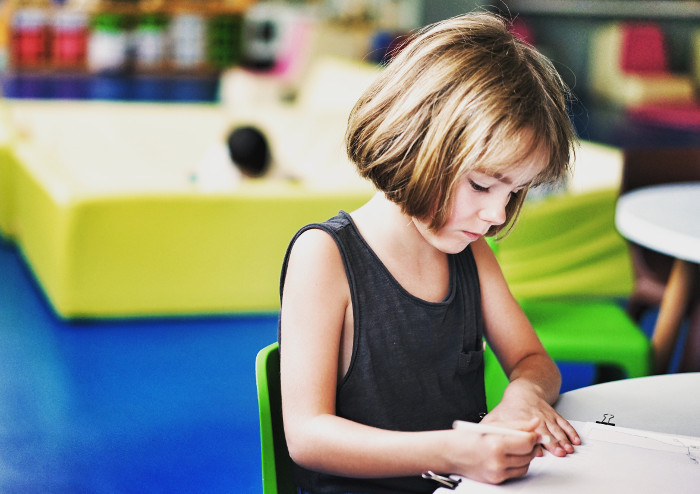
Why is it important to instil responsibility at a young age?
Responsibility is a concept that is easier to inculcate the younger you start preparing your child for it. You can start with very small tasks for younger children, like teaching them to clean up after themselves or even learning how to tell the teacher when they need to use the potty.
Instilling the value of responsibility from a young age makes it easier for a child to pick up the concept and expand on the foundations as they learn to take on more responsibilities over time.
Part of being responsible is also about empowering children to solve age-appropriate problems themselves. They become more aware of their actions leading up to the cause of the problem.
For example, a child will be more careful around a glass of milk if they know that they need to clean up the mess if it spills.
How can parents introduce or teach the concept of responsibility to children?

- Offer them more responsibility
Invite your child to help you with cleaning up the next time they make a mess, even if it takes more effort on your part to get the job done (it almost always will). Children want to grow up, so most will be eager if you offer to guide them along the right path.
- Manage expectations
It is key to teach children to play an active role in solving a problem that they have created. Praise them for their actions, rather than the result.
For example, engage your children in problem-solving activities and involve them in decision-making at appropriate situations to exercise that skill if the opportunity comes up.
- Give them structure and routine
Set up a routine for them to follow. For example, washing their hands before getting their food, or waiting for everyone else to be seated at the table before eating their meal.
Frame the routine as a sequence that eventually leads to snacks, rather than a reward for it. This helps build good hygiene and eating habits rather than an expectation of a reward for washing their hands, or waiting for their peers to sit down as well.
- Let them face the consequences of their actions
Part of teaching responsibility is allowing them to face the consequences for choosing not to fulfill their responsibilities, rather than nagging or doing it for them.
For instance, if you tell your child to put their dirty clothes in the laundry basket, and they still leave their clothes on the floor or scattered around, only wash those in the basket. The next time they want to wear their favourite shirt, they will feel the consequences of their actions and will be less likely to repeat it.
When is a good age to start introducing this concept?
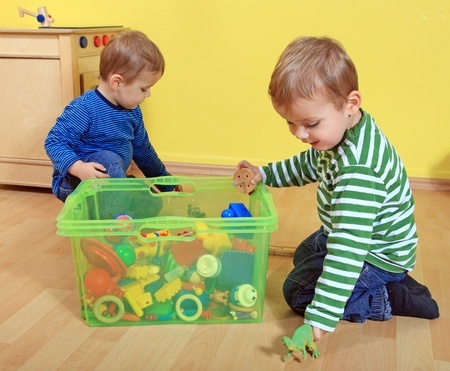
You can start as soon as your toddler is physically able to take on small responsibilities of their own. Tasks like making sure to turn off the light if they’re the last one leaving a room (may require a footstool to be placed), putting away their own toys, or remembering to say “please”, “thank you”, and “sorry” when appropriate is a good start.
It may seem like a lot to ask from a toddler, but children try to meet the bar you set for them, and they might surprise you with what they can do.
If my children do not respond well to this idea, what can parents do?
- Have patience
The road to responsibility is often a long one, and their first step will be their weakest. Be proud that they took that step even if the result was not what you expected. Encourage them to develop a greater sense of responsibility as they grow.
- Be a role model
Demonstrate responsibility through action in front of your child. Kinderland staff use phrases like, “we clean up after ourselves” and “we look after each other” to demonstrate how responsibility is universal and applies to everyone. Children learn the fastest through example, so by clearly showing the ways you are responsible yourself, you show them how they should act.
This article is contributed by Dr Carol Loy, Director of Curriculum at Kinderland Singapore. This is part four of a series by TNAP and Kinderland, focusing on developing E.Q. skills in children. Read part one on the spirit of giving here. Read part two on patience here. Read part three on respect here.
* * * * *
Like what you see here? Get parenting tips and stories straight to your inbox! Join our mailing list here.
Running a service or business targeted for parents? Reach out to a wider audience in our Best Enrichment Classes compilation. Leave your contact details here and we will get in touch with you.







































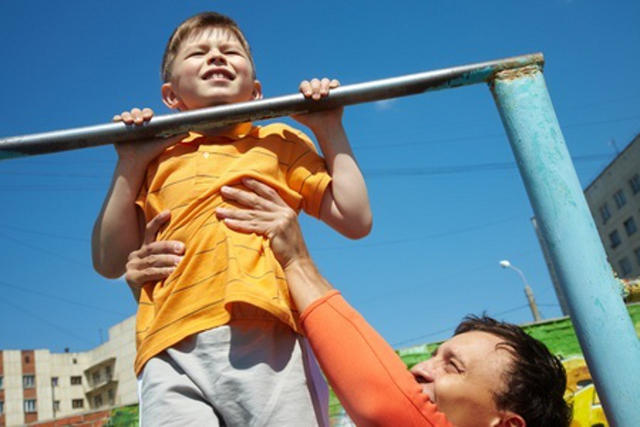

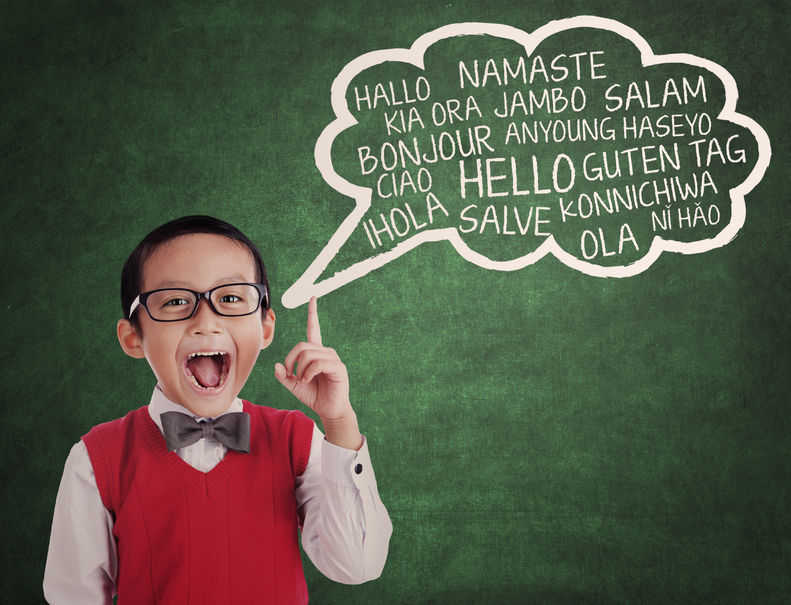



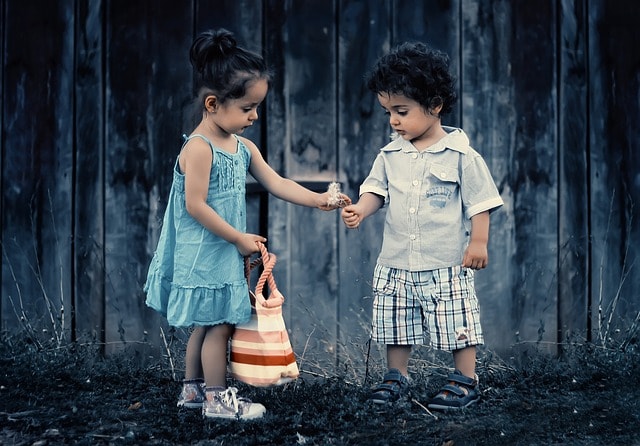
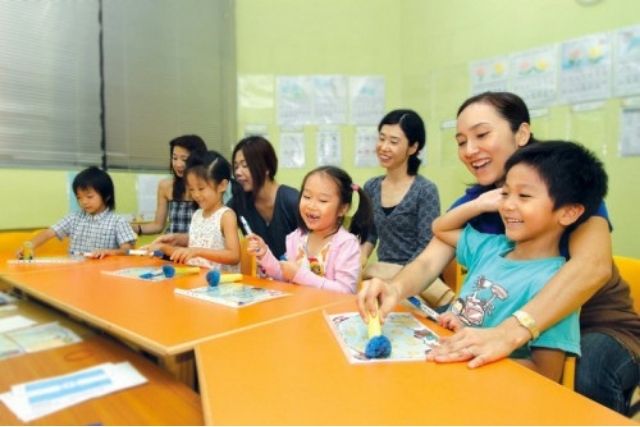
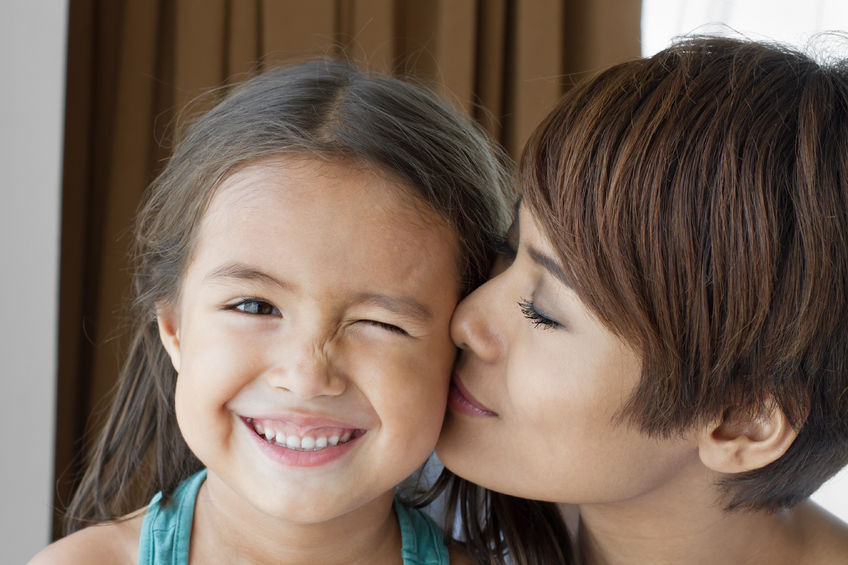









Leave a Comment: